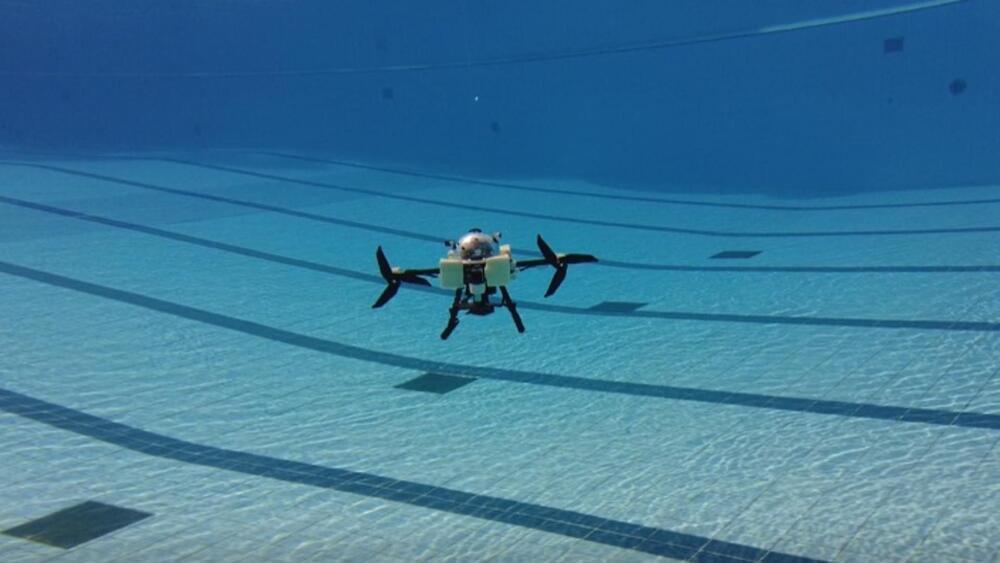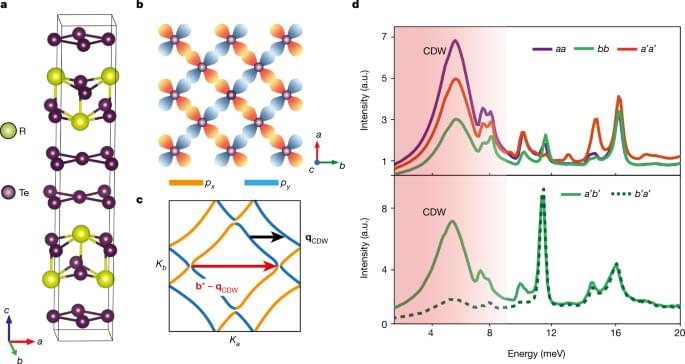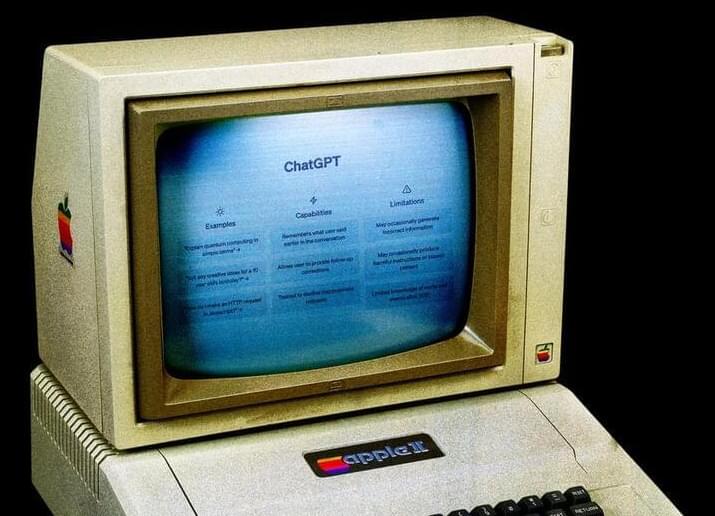Da-kuk/iStock.
However, there’s one challenge they still face: understanding the materials they interact with.

China has slipped to number two, but is that intentional?
The US has edged past China when it comes to being home to the world’s fastest supercomputers. The number of machines in the U.S. is now 150, up from 126 last year, while the number of supercomputers from China fell from 162 to 134, Techspot.
Supercomputers are capable of crunching large numbers for advanced scientific applications and have become synonymous with a nation’s pursuit of technological progress.
It is fireproof and produces 2,500 fewer tonnes of CO2 in comparison to traditional buildings.
Singapore is now home to the largest wooden building in Asia. Named after the Greek goddess of Earth, Gaia is a 6-story structure inside the Nanyang Technological University (NTU) in Singapore. Students and the Nanyang Business School faculty will use the 43,500m square-meter facility.
As per the press release, Gaia is the eighth such project taken up by the university in its bid to install zero-energy structures to support sustainability.
YouTube.
Named after the Greek goddess of Earth, Gaia is a 6-story structure inside the Nanyang Technological University (NTU) in Singapore. Students and the Nanyang Business School faculty will use the 43,500m square-meter facility.

The new amphibious drone has a light design and weighs just 1.63 kilograms.
China’s researchers have unveiled the creation of a one-of-a-kind “aerial-aquatic hybrid drone” capable of performing a wide range of tasks. Named TJ-FlyingFish, it is a hybrid drone that can both fly and dive underwater.
This remarkable drone has the potential to be a game-changing tool in various sectors of life. As per the developers, it could include assisting with offshore construction, monitoring marine habitat, conducting aerial and aquatic surveys, remote sensing, and search-and-rescue operations, among other things.


Believe it or not, one of the most important technology announcements of the past few months had nothing to do with artificial intelligence. While critics and boosters continue to stir and fret over the latest capabilities of ChatGPT, a largely unknown 60-person start-up, based out of Tel Aviv, quietly began demoing a product that might foretell an equally impactful economic disruption.
The company is named Sightful and their new offering is Spacetop: “the world’s first augmented reality laptop.” Spacetop consists of a standard computer keyboard tethered to pair of goggles, styled like an unusually chunky pair of sport sunglasses. When you put on the goggles, the Spacetop technology inserts multiple large virtual computer screens into your visual field, floating above the keyboard as if you were using a computer connected to large external monitors.
As oppose to virtual reality technology, which places you into an entirely artificial setting, Spacetop is an example of augmented reality (AR), which places virtual elements into the real world. The goggles are transparent: when you put them on at your table in Starbucks you still see the coffee shop all around you. The difference is now there are also virtual computer screens floating above your macchiato.

A nanoprinting technique developed by a chemist allows 3D printing of materials atom by atom and opens up various opportunities in electrochemistry. Read the article to find out more.
